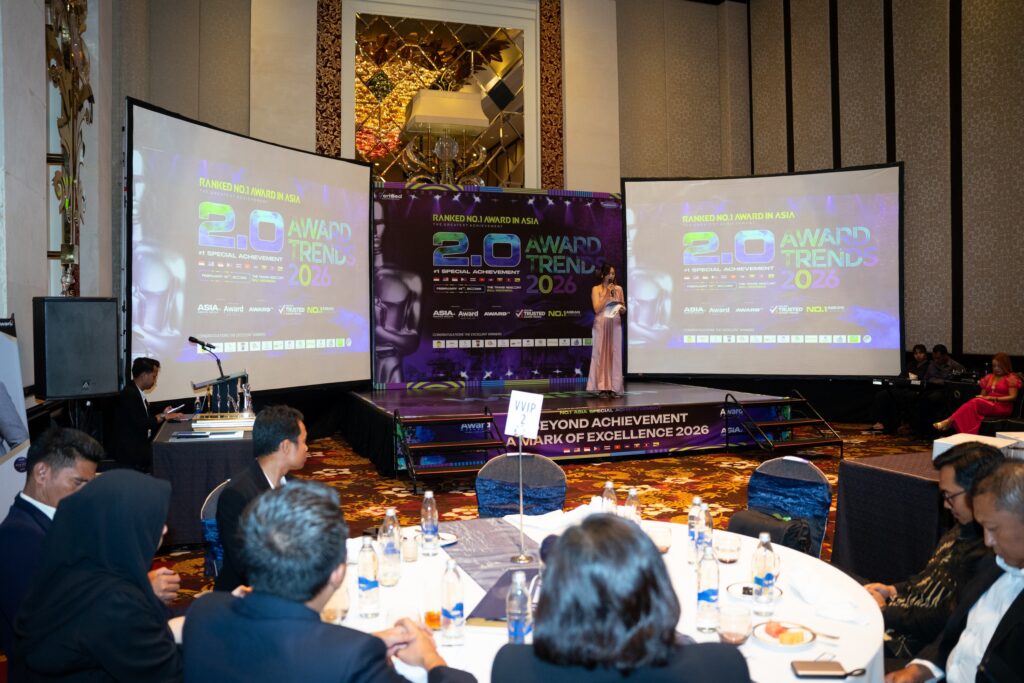Manila – OpenAI has identified and acted against a coordinated online influence campaign based in the Philippines, marking one of the most prominent cases of artificial intelligence being deployed for political messaging in Southeast Asia. The campaign used ChatGPT to generate large volumes of short, partisan comments promoting President Ferdinand Marcos Jr. while criticizing Vice President Sara Duterte.
In its latest report, “Disrupting malicious uses of AI,” released on 5 June 2025, OpenAI disclosed that the campaign—code-named “Operation High Five”—leveraged AI-generated content across TikTok and Facebook. It named Comm&Sense Inc., a public relations firm headquartered in Makati, as a key actor behind the effort. The company has yet to issue a statement.
The campaign coincided with the lead-up to the Philippine midterm elections and included five TikTok channels allegedly created to amplify pro-government narratives. These were supported by dozens of coordinated accounts posting brief, emotive comments in English and Taglish, often enriched with emojis to appear authentic.
OpenAI outlined how ChatGPT was used not only for comment generation but also to analyze social discourse and craft statistical reports and public relations pitches that highlighted the supposed reach of the campaign. Despite these efforts, the actual engagement was minimal, with most comments receiving little to no replies or shares.
From a regional perspective, this incident underscores the increasing relevance of AI governance and digital ethics as Southeast Asia grapples with the double-edged nature of emerging technologies. While generative AI holds promise for innovation and development, its misuse in political contexts raises concerns over electoral integrity, platform accountability, and the weaponization of AI in domestic affairs.
Though OpenAI classified the operation as low-impact (Category 2) in terms of influence, the situation presents a cautionary case for ASEAN policymakers and tech regulators. The incident highlights the need for cross-border cooperation in monitoring AI deployment and promoting transparency in digital political campaigns.
Social media platforms involved, including Facebook and TikTok, prohibit inauthentic behavior aimed at artificially inflating engagement. However, enforcement remains a challenge, especially when faced with sophisticated manipulation tools.
As ASEAN nations prepare for upcoming election cycles and digital transformation efforts, the Philippines case serves as a timely reminder: regional resilience will depend not only on technological readiness, but also on shared frameworks for ethical AI deployment and information integrity.







